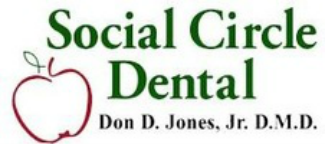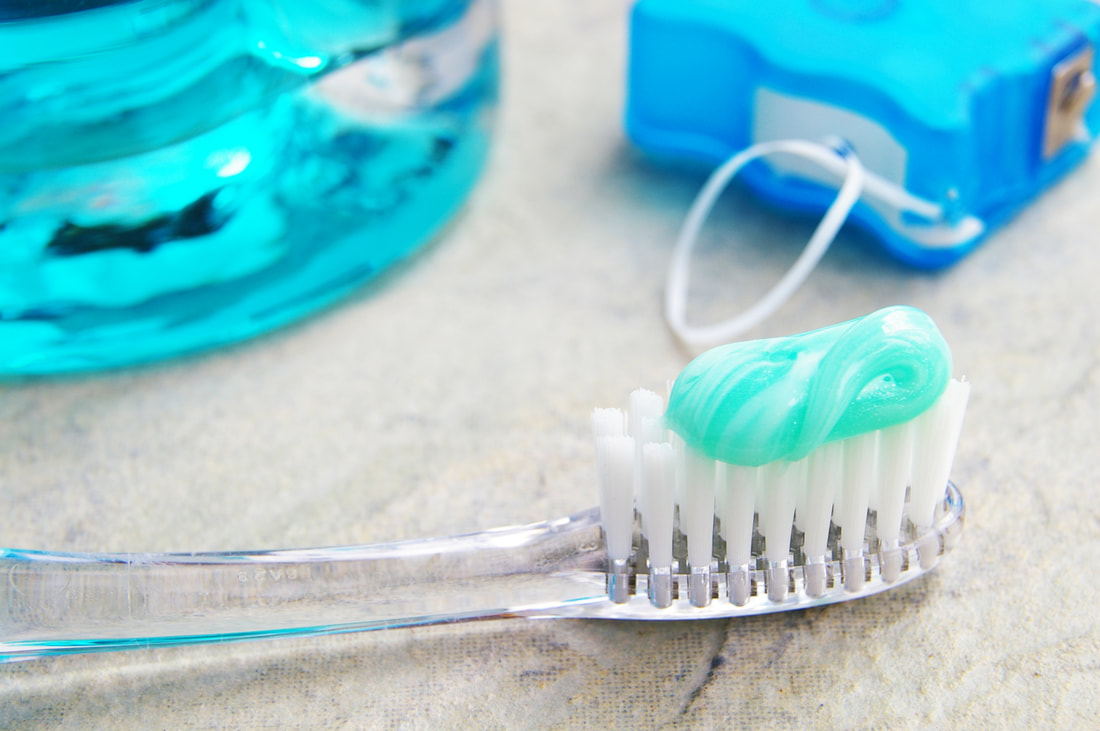|
Your oral health is a crucial aspect of your overall well-being, and one of the most notorious culprits when it comes to dental problems is plaque. In this blog post, we'll delve into what plaque is, how it affects your teeth, and most importantly, how to prevent its harmful consequences. Plus, we'll provide you with a direct path to expert dental care. Read on to discover the secrets to a plaque-free smile. Understanding Plaque Plaque is a soft, sticky film of bacteria that forms on your teeth. It's an invisible menace that can wreak havoc on your oral health. When you consume sugary or starchy foods, the bacteria in your mouth feed on these substances and produce acids. These acids, combined with bacteria and food debris, form plaque. The Effects of Plaque on Your Teeth Plaque can be quite insidious, and its effects on your teeth are far from benign. Here's how plaque can harm your oral health: 1. Tooth Decay: Plaque acids can erode tooth enamel, leading to cavities or tooth decay. Over time, untreated cavities can become painful and may require dental fillings. 2. Gum Disease: Plaque buildup along the gumline can irritate and inflame your gums, leading to gingivitis (early-stage gum disease). If left untreated, gingivitis can progress to more severe forms of gum disease, causing gum recession and even tooth loss. 3. Bad Breath: Plaque harbors bacteria that release foul-smelling compounds, contributing to bad breath or halitosis. 4. Tartar Formation: If plaque is not regularly removed, it can harden into tartar (also known as calculus). Tartar buildup is more challenging to remove and often requires professional dental cleanings. Preventing Plaque: Your Defense Strategy
The good news is that preventing plaque buildup is entirely within your control. Here are some essential steps to keep plaque at bay: 1. Brushing: Brush your teeth at least twice a day with fluoride-free toothpaste. Brushing removes plaque from tooth surfaces and helps prevent cavities. 2. Flossing: Don't forget to floss daily. Flossing removes plaque and food particles from between your teeth and along the gumline, where your toothbrush can't reach. 3. Regular Dental Check-ups: Schedule regular dental check-ups and professional cleanings. Your dentist can remove any tartar buildup and assess your oral health. 4. Healthy Diet: Limit sugary and starchy foods, as they can contribute to plaque formation. Opt for a balanced diet rich in fruits, vegetables, and lean proteins. 5. Mouthwash: Consider using an antimicrobial mouthwash to help reduce plaque and fight bacteria. 6. Stay Hydrated: Drinking water helps rinse away food particles and bacteria, reducing the risk of plaque buildup. Take Action for a Plaque-Free Smile Don't let plaque compromise your oral health and your smile's beauty. Take proactive steps to prevent plaque buildup, and you'll be well on your way to a healthier mouth. For expert dental care, guidance, and regular check-ups, contact Social Circle Dental at 770-464-1900. Our dedicated team is here to help you maintain a plaque-free smile and achieve optimal oral health.
0 Comments
Leave a Reply. |
AuthorSocial Circle Dental is a holistic dental practice devoted to restoring and enhancing the natural beauty of your smile using conservative, state-of-the-art procedures, while focusing on your overall health and well-being. Archives
May 2024
Categories |


 RSS Feed
RSS Feed